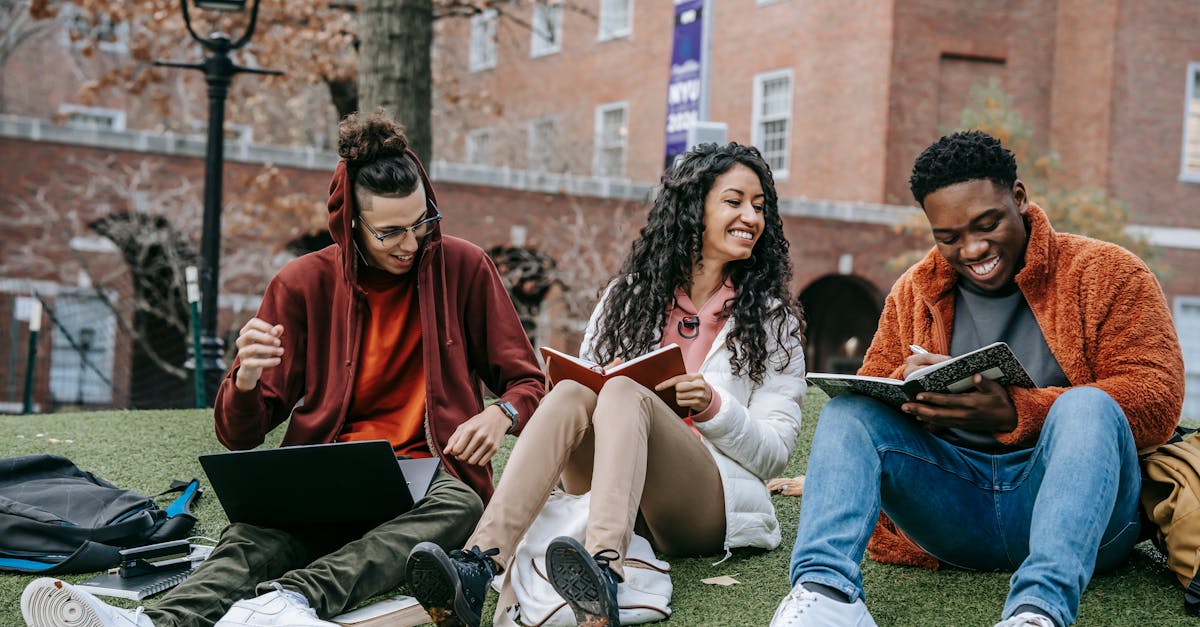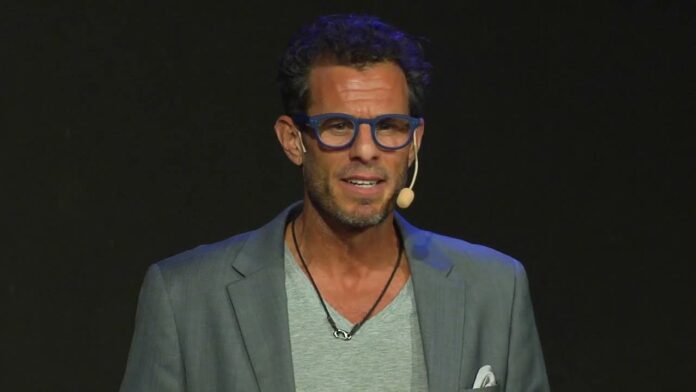The COVID-19 pandemic has had a significant impact on education, with schools around the world transitioning to remote learning and facing extended closures. As a result, students have experienced disruptions to their education and learning loss, leading to concerns about academic recovery in the post-pandemic world.
In this blog post, we will explore the effects of the pandemic on education and how it has resulted in learning loss. We will also discuss strategies and interventions that can be implemented to address this issue and ensure academic recovery for all students. Moreover, we will look at the importance of collaboration between educators, parents, and students and how monitoring progress is crucial in adjusting interventions. Finally, we will consider future considerations and the potential long-term impacts of the pandemic on education.
Impact of the Pandemic on Education
The COVID-19 pandemic has caused unprecedented disruptions to the education system worldwide. According to UNESCO, over 1.6 billion learners in more than 190 countries were affected by school closures, accounting for 90% of the world’s student population. The sudden shift to remote learning has led to challenges for both students and teachers, as they navigate through unfamiliar methods of teaching and learning.
One of the major impacts of the pandemic on education is the increase in learning loss. Learning loss refers to the regression or decline in academic achievement due to the lack of access to quality education. With prolonged periods of school closures and limited resources for remote learning, students have not been able to receive the same level of education as they would in a traditional classroom setting. This has resulted in a gap in learning, especially for marginalized and disadvantaged students who do not have access to necessary technology and resources.
Moreover, the pandemic has also affected the mental health and well-being of students, which can significantly impact their learning. Many students have faced increased levels of stress, anxiety, and isolation, which can affect their ability to focus and retain information. The lack of physical interaction with peers and teachers can also lead to a decrease in motivation and engagement, further contributing to learning loss.
Challenges Faced by Students
The pandemic has presented several challenges for students, particularly those from low-income families and marginalized communities. Here are some of the difficulties students have faced during this time:
- Limited access to technology: With schools transitioning to remote learning, students without access to laptops, tablets, or stable internet connections have been at a disadvantage. This has made it difficult for them to participate in online classes, complete assignments, and access learning materials.
- Lack of resources: Many students do not have access to necessary learning resources such as textbooks, workbooks, or educational apps. This has made it challenging for them to keep up with the curriculum and engage in self-directed learning.
- Limited parental support: With parents juggling work and their children’s education from home, it has been challenging for them to provide adequate support to their children. This is especially true for parents who have limited education themselves or do not speak the language of instruction.
- Mental health concerns: As mentioned earlier, the pandemic has taken a toll on the mental health and well-being of students. Many students have reported feeling overwhelmed, anxious, and depressed, which can significantly impact their academic performance.
Identifying Learning Loss
Before addressing learning loss, it is crucial to identify if and how much learning loss has occurred. Educators can use various methods to assess the level of learning loss in their students. Here are some ways to identify learning loss in students:
Standardized Tests
Standardized tests can be used to measure student progress and identify areas of learning loss. These tests are administered to all students in a specific grade level and can provide a comprehensive overview of their academic skills and knowledge. However, due to the pandemic, many standardized tests have been canceled or delayed, making it challenging to use this method to identify learning loss.
Formative Assessments
Formative assessments are ongoing evaluations of student learning throughout a course or academic year. These assessments can provide valuable information on students’ progress and help identify areas where they may be struggling. Educators can use formative assessments such as quizzes, assignments, or class discussions to gain insights into students’ learning and address any gaps in their understanding.
Teacher Observations
Teachers can also play a vital role in identifying learning loss in their students by closely monitoring their performance and behavior in the classroom. Through direct observation and interactions with students, teachers can gather information on their engagement, participation, and understanding of concepts. This can help them identify areas of learning loss and develop targeted interventions to address them.
Strategies to Address Learning Loss

Now that we have discussed the impact of the pandemic on education and how to identify learning loss, let’s explore strategies and interventions that can be implemented to address this issue and ensure academic recovery for all students.
Targeted Remedial Programs
Targeted remedial programs can be an effective way to address learning loss. These programs are designed to target specific areas where students may be struggling and provide additional support and resources to help them catch up. They can include one-on-one tutoring, small group sessions, or online learning platforms focused on remediation. Students who have fallen behind in certain subjects can benefit from targeted remedial programs to improve their understanding and catch up with their peers.
Extended Learning Opportunities
Extended learning opportunities such as summer school, after-school programs, or weekend classes can also be beneficial in addressing learning loss. These programs provide additional time for students to engage in learning activities and receive support from teachers and peers. They can also offer a more relaxed and flexible learning environment, which can be helpful for students struggling with traditional classroom settings.
Individualized Learning Plans
Individualized learning plans (ILPs) can be developed for students who have experienced significant learning loss or have specific learning needs. ILPs are tailored to each student’s individual strengths and challenges and can include accommodations and modifications to the curriculum, teaching methods, and assessments. By creating personalized learning plans, educators can help students catch up at their own pace and address any gaps in their understanding.
Multi-tiered Systems of Support (MTSS)
MTSS is a framework that provides academic and behavioral support to all students in a school. It includes various levels of interventions and support, with targeted interventions for students who require additional assistance. MTSS promotes early intervention and prevention strategies to identify and address learning loss before it becomes more significant. By implementing MTSS, educators can provide a comprehensive support system for students and ensure academic recovery for all.
Implementing Interventions and Support Systems
After identifying the areas of learning loss and selecting appropriate strategies and interventions, it is crucial to implement them effectively. Here are some ways to ensure successful implementation of interventions and support systems:
Collaboration between Educators, Parents, and Students
Collaboration between educators, parents, and students is essential for the success of any intervention or support system. By working together, they can share insights and observations about the student’s progress and adjust interventions accordingly. Moreover, when parents and students are involved in the process, it can lead to increased motivation and engagement from the student’s end.
Utilizing Technology
Technology can play a vital role in implementing interventions and support systems. With the rise of remote learning, online platforms and educational apps have become more accessible and can provide valuable resources for students to catch up on missed learning. Educators can also use technology to track student progress and adapt interventions based on real-time data.
Professional Development for Teachers
Teachers play a critical role in implementing interventions and support systems. Therefore, it is essential to provide them with proper training and professional development opportunities to ensure they have the necessary skills and knowledge to address learning loss effectively. Professional development can also help teachers adapt to new teaching methods and technology, making them more effective in their roles.
Monitoring Progress and Adjusting Interventions
Monitoring student progress is crucial in adjusting interventions and ensuring academic recovery. Educators must regularly assess their students’ progress to determine if the interventions and support systems are working effectively. If a particular intervention is not yielding the desired results, educators can adjust or modify it to better meet the student’s needs. Here are some ways to monitor progress and adjust interventions:
Data-Driven Decision Making
Educators can use data from assessments, observations, and progress reports to make informed decisions about student progress and the effectiveness of interventions. By analyzing the data, they can identify areas that require improvement and make adjustments accordingly.
Frequent Check-ins with Students
Regular check-ins with students can provide valuable insights into their understanding and engagement with interventions. Educators can use this time to ask for feedback and suggestions from students on how interventions can be improved to better meet their needs.
Collaboration with Parents and Students
As mentioned earlier, collaboration between educators, parents, and students is essential in monitoring progress and adjusting interventions. Parents and students can provide valuable feedback on their experience with interventions and offer suggestions for improvement.
Conclusion and Future Considerations
The COVID-19 pandemic has had a significant impact on education, resulting in learning loss for many students. As we move towards a post-pandemic world, addressing this issue and ensuring academic recovery should be a top priority for educators and policymakers. By implementing targeted strategies and interventions, collaborating with all stakeholders, and regularly monitoring progress, we can help our students catch up and prevent long-term consequences of learning loss.
However, it is also crucial to consider the potential long-term impacts of the pandemic on education. The effects of learning loss may be felt for years to come, and it is essential to have a long-term plan in place to support students and ensure their academic success. This could include additional resources, professional development for teachers, and addressing systemic inequities that have been exacerbated by the pandemic.
In conclusion, addressing learning loss post-pandemic requires a collaborative effort from all stakeholders. By working together and implementing effective strategies and interventions, we can ensure academic recovery and set our students up for future success.









